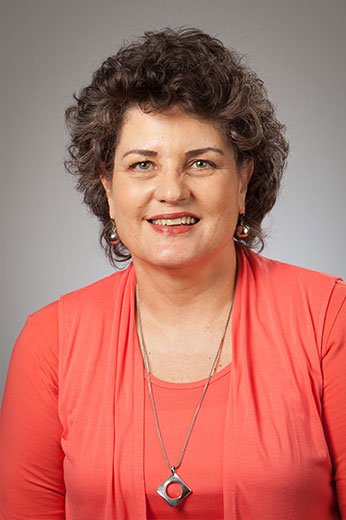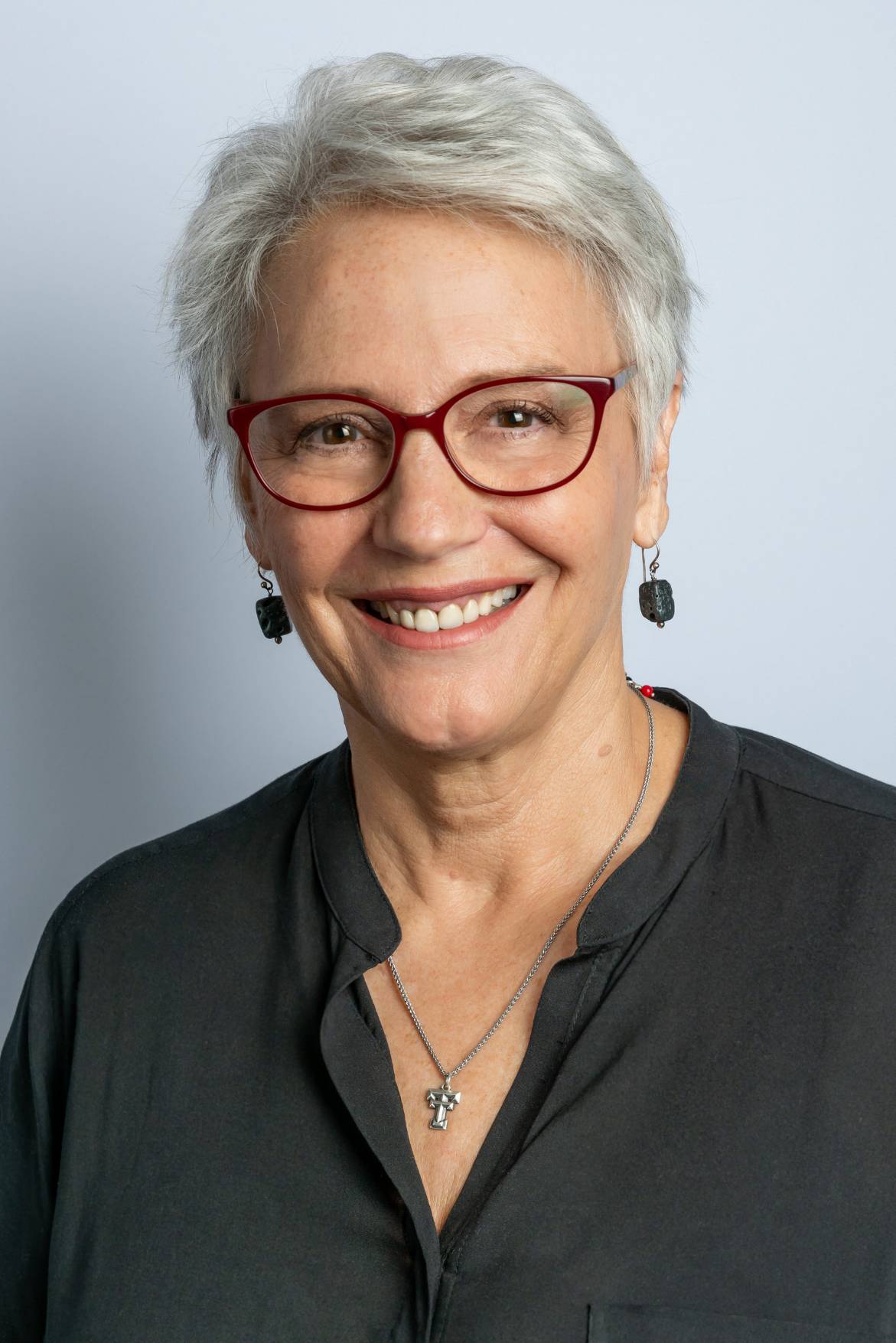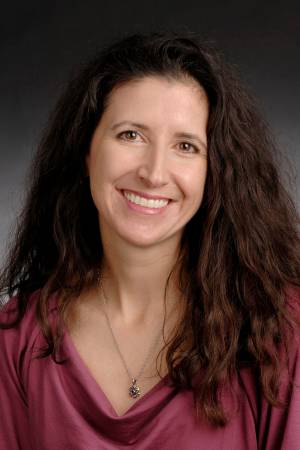Research Spotlight on Women Faculty: Wilna Oldewage-Theron, Gail Bentley, and Tara Stevens
March 24, 2020 |
During March, Texas Tech is celebrating women faculty who exemplify excellence in research, scholarship, creative activity, teaching, and mentoring.
Wilna Oldewage-Theron
Professor; Graduate Advisor; Department of Nutritional Sciences

Oldewage-Theron's research interests include household food insecurity and malnutrition in resource-poor communities in Africa. During the last fifteen years, she has investigated the effect of various interventions, including food fortification, agriculture and horticulture, dietary diversity, supplementation, nutrition education, food product development and implementation, as well as school feeding programs on poverty, food insecurity and nutritional status of women, children and the elderly by applying scientific principles.
What inspired you to work in your field/area of expertise?
My PhD advisor, Prof Este Vorster, at North-West University in South Africa, was one of the pioneers in nutrition research in South Africa. Prof Vorster introduced me to community nutrition. Through her leadership and quality evidence-based research, I developed a passion to improve the quality of life among food insecure, malnourished communities in South Africa and the broader African continent.
Who inspired you to pursue academia?
Our first democratic South African President, Nelson Mandela inspired my as he said "Education is the most powerful weapon you can use to change the world". I thus regard teaching and research as a huge responsibility in preparing young people for their future careers.
What would you tell your female students interested in pursuing an academic career?
I have worked in hospitals and the food industry for almost 15 years before I started my academic career. What I enjoy most about academia is that, besides my teaching responsibilities, I have a lot of flexibility (time management) and autonomy (projects, collaborators, funding) to pursue my own passions. In addition, my academic career provided me many opportunities for personal and professional growth. I also had many opportunities to work in diverse communities in Africa where I met, collaborated, shared experiences with and learnt from other women researchers and the community. All these experiences enriched my life and would not have been possible in my previous professional career. In addition, observing the difference my projects made in the lives of underprivileged women is very rewarding and motivating me to do more for these underprivileged communities.

Gail Bentley
Instructor; University Studies
 Bentley is a Licensed Professional Counselor. Her research interests reflect her diverse
background and include parenting issues, marriage education, and substance use.
Bentley is a Licensed Professional Counselor. Her research interests reflect her diverse
background and include parenting issues, marriage education, and substance use.
What inspired you to work in your field/area of expertise?
As a therapist I often found myself seeking a deeper understanding about the "why" of human behavior. Returning to school for a Ph.D. in Human Development and Family Studies seemed like the way to address some of those questions. I particularly have an interest in strengthening the marriage relationship and fathering. As a wife of 40 years, a mother, and now a grandmother, those relationships are especially salient for me.
Who inspired you to pursue academia?
When given the opportunity to participate in research and to teach, I knew I had found my life's work. Amazing mentors like Anisa Zvonkovic, Ph.D., Jacki Fitzpatrick, Ph.D., and Judy Fischer Ph.D., encouraged and supported me while challenging me to do more. As my research turned into publications and my teaching was rewarded, I realized that not only did I have a sense of intrinsic motivation but that my work mattered to both my colleagues and my students.
What would you tell your female students interested in pursuing an academic career?
I consistently tell female students to not think of academia as an easy path. It is not. Competition is fierce and you must be ready for your brain to hurt because you will work so hard! I also remind young women that you may be able to have it all, but you can't have it all at once. It is hard, but pace your life, and choose carefully as you accept various opportunities both personal and professional.

Tara Stevens
Professor; Department of Educational Psychology and Leadership
 Stevens is a professor of Educational Psychology and is licensed to practice psychology
in Texas schools as an LSSP. Her research interests have focused on variables that
influence mathematics achievement. She has studied efficacy beliefs and interest,
television viewing, ADHD, and physical activity.
Stevens is a professor of Educational Psychology and is licensed to practice psychology
in Texas schools as an LSSP. Her research interests have focused on variables that
influence mathematics achievement. She has studied efficacy beliefs and interest,
television viewing, ADHD, and physical activity.
What inspired you to work in your field/area of expertise?
Being a successful student, I was surprised to learn how much I had in common with the students I served when I started practicing psychology in rural public schools. If the context or my behavior, beliefs, and motivation had been only slightly different, then I could have easily struggled and needed assistance. Although this realization terrified me, I was also inspired by it. If such factors could lead to educational challenges, then they could also circumvent them as they did for me. When others look at my research, they likely see exploration of a wide range of issues. When I look at my record, I see the students and families, teachers, and schools with whom I've worked.
Who inspired you to pursue academia?
I was a licensed practitioner when I started my doctoral program, and my focus was improvement, not an academic career. Despite having a master's degree, I knew little about academia and had never considered it to be an option. I grew up in rural Kansas, and the children of my generation were the first to earn college degrees on both sides of my family. Because my doctoral program faculty valued my perspective and background, I felt open to explore academia and became efficacious in my research. Although I wasn't necessarily inspired to pursue academia, I was more importantly included in it.
What would you tell your female students interested in pursuing an academic career?
Determine a purpose. An academic career can provide the support and structure to achieve your purpose but setting tenure as one's main career goal is limiting. A purpose will intrinsically motivate you to collaborate across disciplines, seek funding for your work, engage your students, and connect with communities. Pursue a purpose, not an academic career, and you'll likely achieve both.
Office of Research & Innovation
-
Address
Texas Tech University, 2500 Broadway, Box 41075 Lubbock, TX 79409 -
Phone
806.742.3905 -
Email
vpr.communications@ttu.edu
